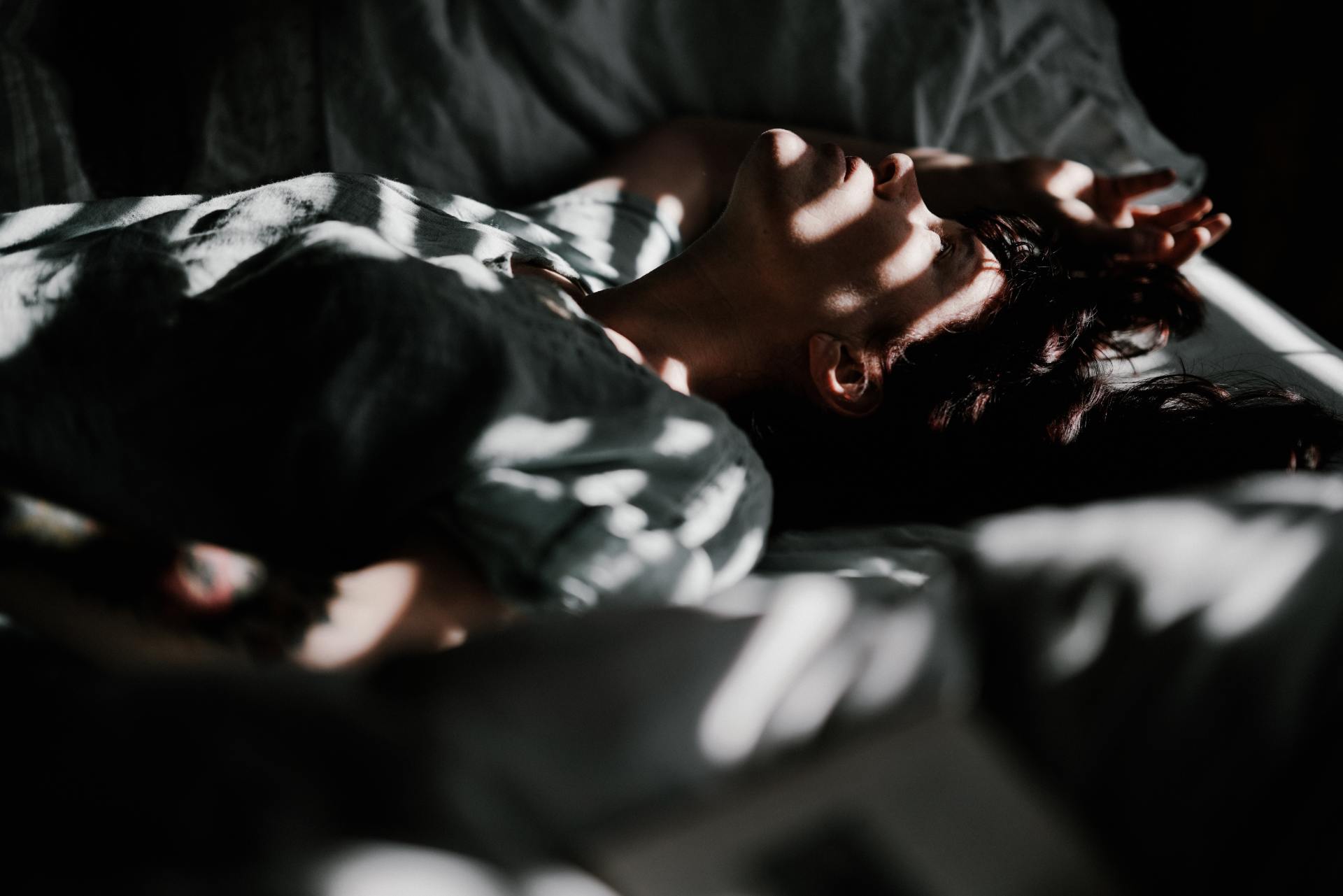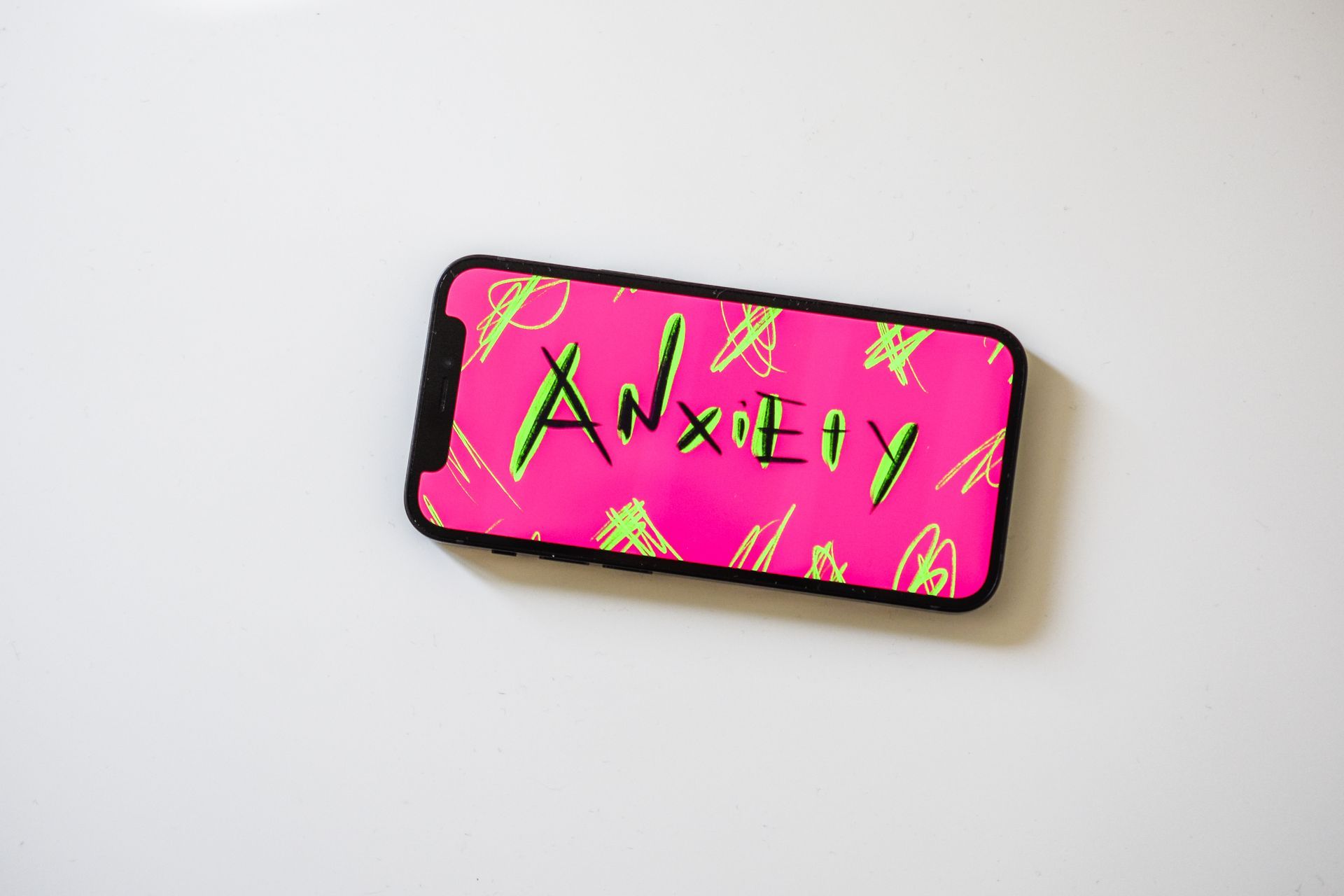Treatments are available to help with sleep issues, including medications and behavioral treatments. Cognitive and behavioral therapy for insomnia, commonly referred to as CBT-i is a behavioral treatment that has proved safe and effective to address insomnia. CBT-I doesn’t fix sleep overnight but it is a viable alternative to sleeping pills if you are willing to commit to it! Research seems to indicate that its benefits can be longer lasting that pharmacological treatments. If you are interested in giving it a try, make sure to ask your therapist if they have experience providing this specific treatment modality. Not every therapist does!
If you continue to struggle with significant sleep issue despite maintaining good sleep hygiene, or if insomnia interferes with your mood or daily functioning, seek help from your health care team or a mental health provider with expertise in sleep disorders.






